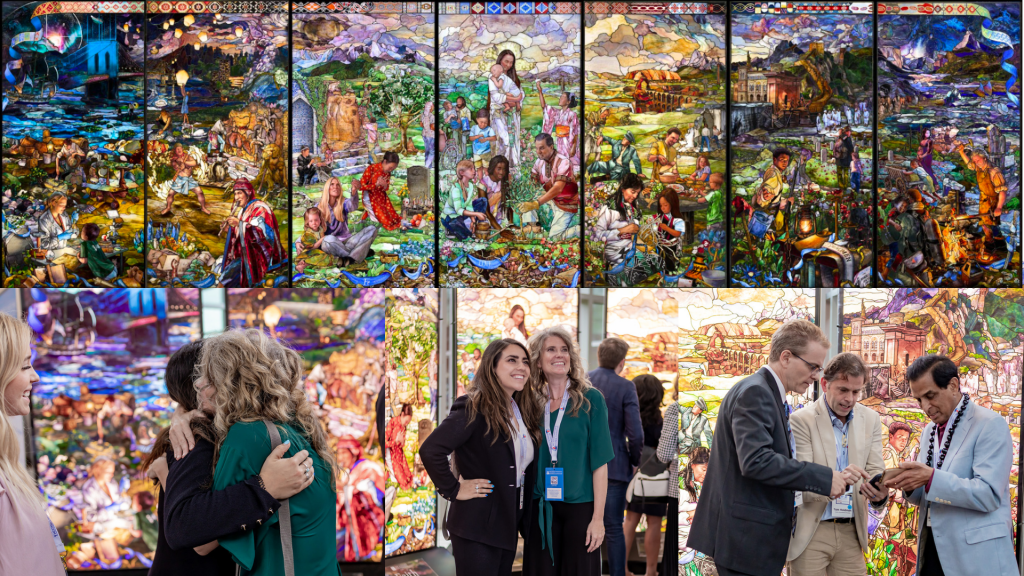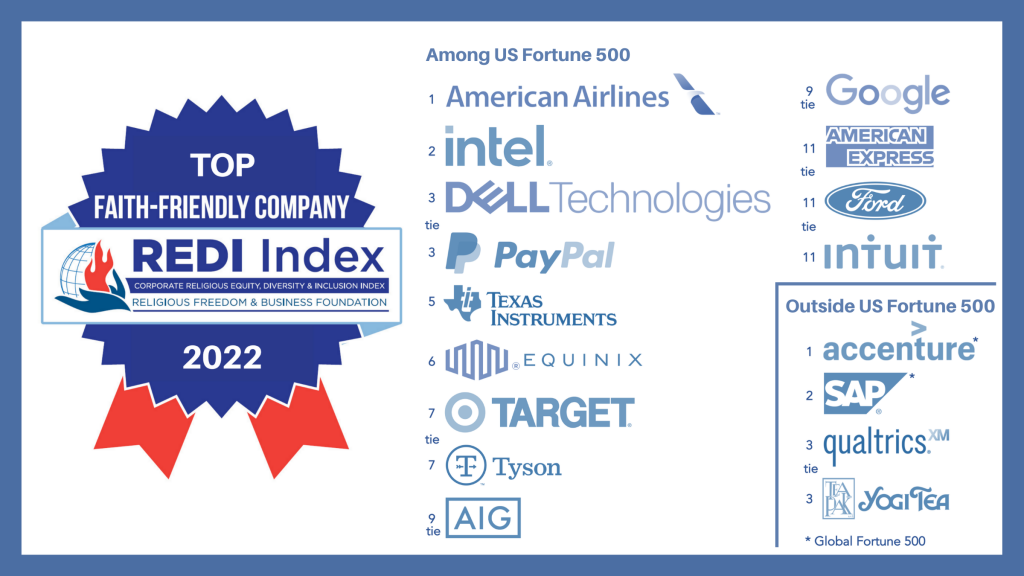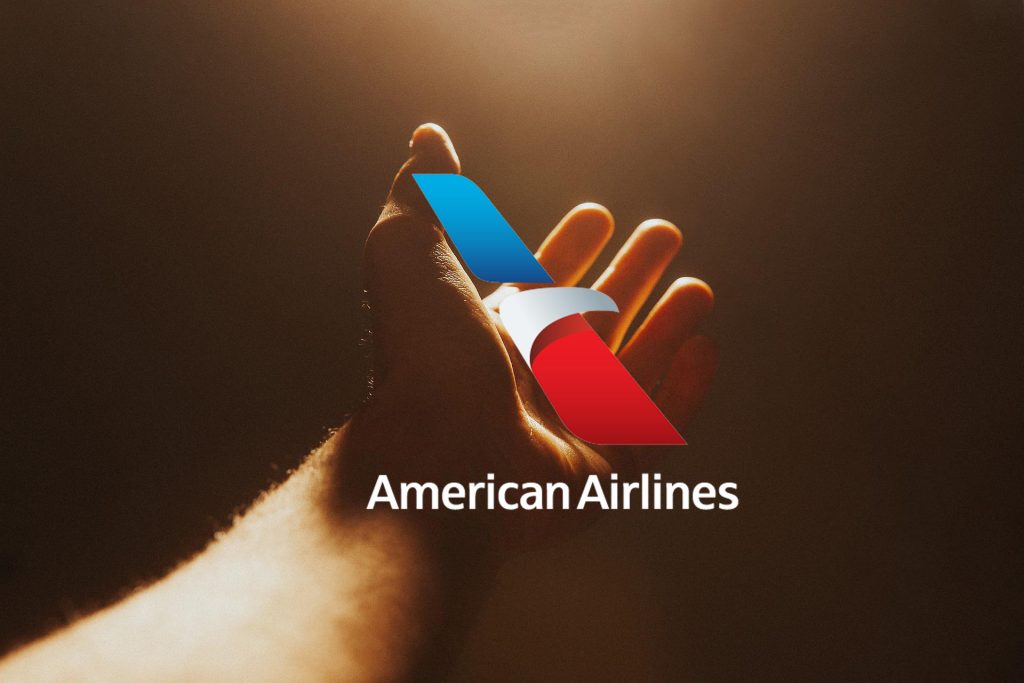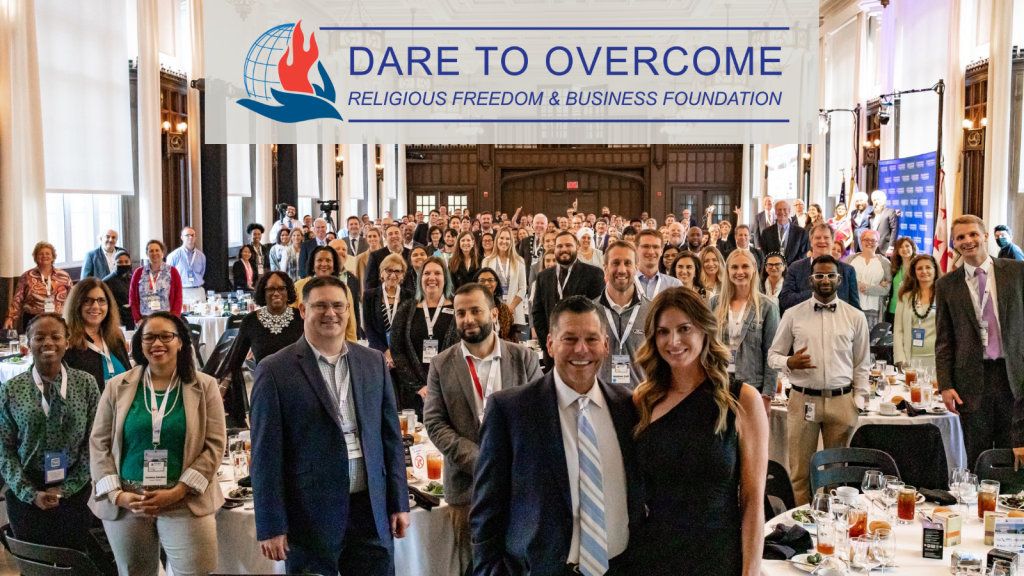
by Steven A Hitz. Steve is a co-founder of Launching Leaders Worldwide. Launching Leaders, a partner of Religious Freedom & Business Foundation, has engaged participants in 60 countries on six continents through a faith-based personal leadership curriculum which empowers participants everywhere. This is part of our ongoing blog series, Authenticity & Connection.
In part one of this two-part series, we learned a few steps to increase our focus and purpose in this world of information overload and multi-tasking. In part two, we will dive deeper into the mechanics and disciplines that extend our focus and purpose to a higher level.
The Psychology of Focus
When I left Wyoming to pursue other interests, my mother was distraught. She wanted me to stay on at the bentonite plant until I could be hired by the oil industry where my father and brother worked. In her mind, this was my destiny. I totally respect those who have worked hard in the oil fields, and for many families tied to this industry this is the path to success. This is what they know, and their world other options are not imaginable. At least, that was my mother’s way of thinking.
Many people follow a path of familiarity, because “it’s always been that way.” Traditions become truth, and sometimes these traditions can limit our ability to gain deeper truth and also limit our discovery of how to bring purpose and real joy into focus.
In the early 1980’s, the Harvard professor B.F. Skinner was famous for his study of human behavior. He found that you could train the focus and attention of animals by reinforcing behavior. If a pigeon lifted its wing, and the response was to feed it, that behavior would repeat itself if there was a reward. Skinner suggested that free will was an illusion, believing that human action was the result of conditioning. He believed what he learned from the animals could be transferred to human psychology.
In fact, this type of instant reinforcement is now used by social media companies whose users number in the billions, getting their instant rewards for their actions. But instant gratification and reward doesn’t always transfer to an ability to focus and think deeply. In fact it can subdue them.
Mihaly Csikszentmihaly came to America challenging Skinner, believing there had to be a more positive explanation to the psychology of behavior. In part of his study, he observed a group of painters in Chicago working on their paintings patiently for hours on end. He observed that creative people were not so interested in the rewards, but rather the outcome of their work was more important. He observed other groups of people in other activities that required long-term focus, like chess players and rock climbers. He discovered that focus was a result of “flow” and created the concept of “flow state.” This happens when a person becomes so absorbed in that which they are doing, it carries them forward with pleasure.
Mihaly discovered, not surprisingly, that distraction and multi-tasking kill flow. Flow can only be achieved through monotasking. Choosing this path of flow requires a clearly defined goal, with meaning to you behind the goal, and working to the edge of your ability. If the goal is too easy, we go on auto pilot, but if it’s too difficult, we become anxious and do not strike the balance of flow state. As we progress in our abilities, the edge of our abilities also moves forward, but we need to be in a flow state to get there. This pocket is a recognizable mental state where we become one with the task.
When I flew airplanes, I could have the controls in my hands and could feel every axis of the flying experience, or I could put the airplane on auto pilot. On autopilot, I would easily forget about the immediate tasks of flying; but it didn’t take me to the edge of my abilities. Interestingly, no pilot keeps the airplane on auto pilot all the way to the runway. At some point they must have had the experience of having the controls in their hands and knowing exactly how to absorb the conditions around them to fly safely to the ground. In this flow state I would become one with the airplane – a joyful experience.
The Skinner approach suggests rewards at each step of the process, but does not allow the space to enter deeper focus. The Mihaly approach allows the focus to be derived from the goal and passion, rather than the conditioning for results method of thinking. The Skinner theory rewarded learned behavior sometimes at the expense of focus, while the Mihaly theory discovered the pleasure and joy people experience during periods where focus is fully absorbed. This makes sense to me when I think of the few times my focus was so centered, I really did enter a new dimension and I evolved.
The challenge of our day centers on this question “How do I change my focus to that of a flow state, rather than a “click and switch” lifestyle”?
Here are three considerations to achieve a higher degree of focus and purpose:
1. Get your sleep. The National Sleep Foundation has found that 40 percent of Americans are chronically sleep deprived. Even during off hours and what would normally be sleeping hours, employers now commonly ask their employees to be accessible and expect them to respond to their devices like Pavlov’s dogs. Once the device goes “ding” and the screen comes to life, it takes another 20 minutes minimum for the senses to quiet themselves to achieve sleep.
A lack of sleep destroys the ability to focus, deprives one of creativity, and doesn’t allow one to enter the deepest sleep which heals and restores. You can’t cheat your way through lack of sleep with caffeine or other substances; these stimulants have their own set of damaging issues.
2. Learn to read again. Gallup found that 57 percent of Americans now don’t read a single book from cover to cover in a single year. Though I read around a hundred books a year – the real hold in your hands books – I find most of my friends either listen to books or read them on devices.
Apparently, the way we read books makes a difference. Johan Hari in his book Stolen Focus, interviewed Anne Mangen, a professor of literacy at the University of Stavanger in Norway who performed a two-decade study on this. She found that reading on screens causes us to read differently, with more tendency to skip and skim and not dive deep into the pleasurable immersion of reading from a book. Her research from fifty-four studies has labeled the difference as “screen inferiority,” which concludes that reading on screens diminishes understanding, retention, and the pleasure of reading. All told, it reduces our ability to focus.
3. Redefine Prosperity. Consider what prosperity means to you. We live in a world where financial wealth and growth is the litmus test for success. If the companies we work for do not grow, we don’t prosper. Financial wealth aside, If we don’t grow personally, we don’t prosper either. This is where the attention to improving our focus comes in. In my view, real prosperity isn’t the balance in your checking account (though that can help), rather, it’s the measure of your joy and peace. It’s the measure of the love that surrounds you. Personal growth then requires a deeper measure of focus, which in turn increases the reservoir that defines true prosperity.
Imagine a world where we spend more quality time with family, get enough sleep to be restored and healed every night, spend enough time and focus on our flow states, limit our intake, slow our roll, and learn to read again. This is the world I want to live in more fully. I am using these steps to enter and stay in that world. If these are your desires also, I invite you to join me in this journey.





















